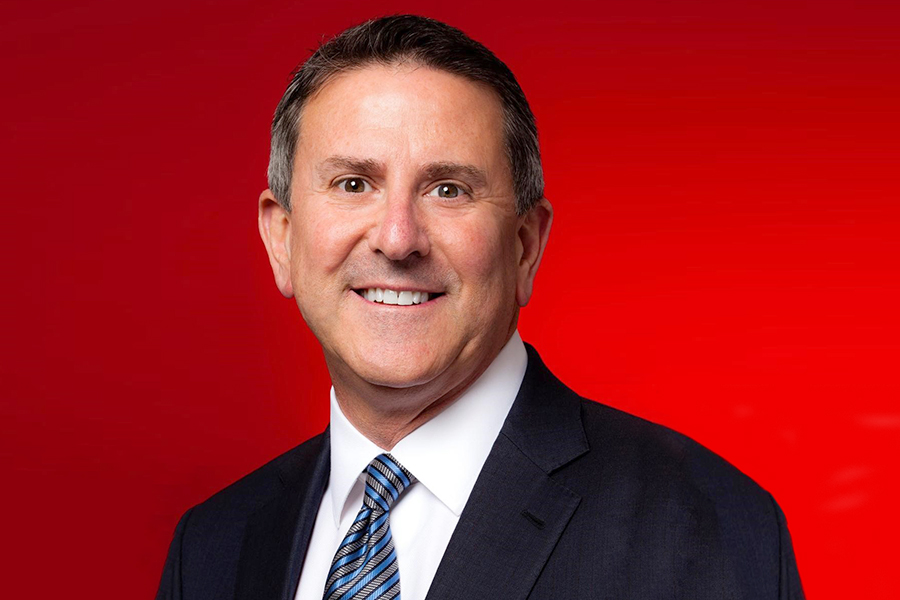
Brian Cornell, board chairman and CEO of Target, spoke to Matthew Shay, president, and CEO of the National Retail Federation (NRF) during a Retail Leadership webinar. Cornell spoke on how Target is facing pain with purpose in the wake of the pandemic, working to advance social justice and evolving to stay successful in a changing industry. “There was no playbook or algorithm to use when the pandemic broke out,” he said. But he recognised immediately that the company had to take care of its employees by offering incremental $2 per hour wage increases, paid time off for those at higher risk and extended health benefits.
Focus on employees and customers
Target continues to focus on providing customers with relevant products as demand has shifted throughout the global pandemic. Still, it has also focused efforts on the well-being of the employees. The changing product category demands, costs of employee investments and reduced in-store shopping have impacted the profitability of the company. However, Target is doing the right thing with a focus on employees and customers.
Target is investing in its employees with higher wages and better training to position it as an employer of choice. Target announced on June 17 that it is permanently raising its starting wage to $15 per hour effective July 5. Target said that it would invest $1 billion more in its workforce this year than in 2019 to cover the increase in wages and new health care benefits.
The George Floyd impact
Cornell called together a group of Black executives to better understand how the killing of George Floyd was impacting his employees. He opened communications within the company, asked to hear from employees and committed $10 million to advance social justice through Target and the Target Foundation. The Foundation’s focus includes investments in Black and people of colour-owned businesses and entrepreneurs, along with efforts to promote equity in the areas of housing, asset-building, and workforce development.
Juneteenth becomes a company holiday
Target recently announced that Juneteenth, the oldest nationally celebrated commemoration of the ending of slavery in the United States, will be designated as a company holiday, a time to celebrate, reflect and connect.
Shifting business model to make shopping easier
Target does $80 billion in sales across 1900 stores and digital channels. The ebb and flow of the business have been a learning experience over the past few months. “There are more chapters to be written. Being agile and nimble is the key along with looking at the business from a short-term perspective,” Cornell said. In mid-March, Target experienced customers stock-piling essentials like cleaning products and groceries. This demand shifted in late March and early April to products that enable work and education from home. In late April, digital business showed substantial increases ranging from 500 to 700%, and once stimulus checks reached customers’ wallets, the shopping demand shifted to non-essentials like apparel.
Category mix and online sales impacted profitability
Sales increased in first quarter 10.8%, driven by a 12.5% increase in the average basket, as customers made fewer but more extensive shopping trips. Digital comparable sales grew 141%, and same-day services grew 278%. However, typical online sales come at a cost to margin and operating expenses; retailers mostly make less money on these types of transactions.
Sales rose, but profits dropped
Target’s first-quarter operating income margin rate was 2.4% in 2020 compared to 6.4% in 2019. The gross margin rate was 25.1%, compared to 29.6% the previous year. “With the dedication of our team, the benefit of a sustainable business model and a strong balance sheet, we are confident Target will emerge from this crisis an even stronger retailer, with higher affinity and trust from our guests,” said Cornell.
Target is changing customer behaviour and providing seamless integration across digital and physical shopping environments. The company will also emerge as an employer of choice as it continues to demonstrate a mutual commitment to the health and well-being of its employees.
The future of shopping, according to Cornell, will be changed post-pandemic with an accent on online shopping, safety, value-driven purchasing, fewer number of shopping trips, and trust the retailers where they shop.